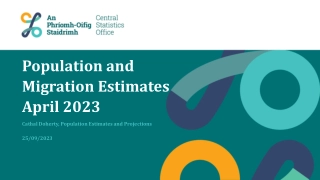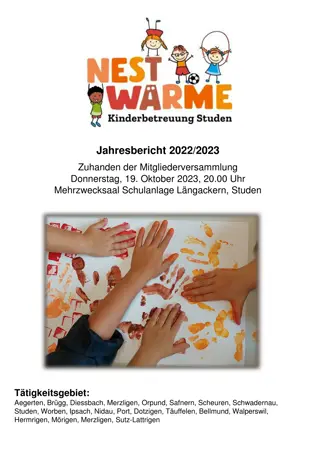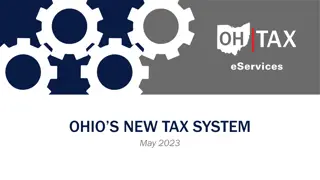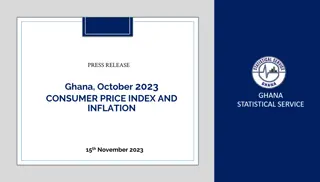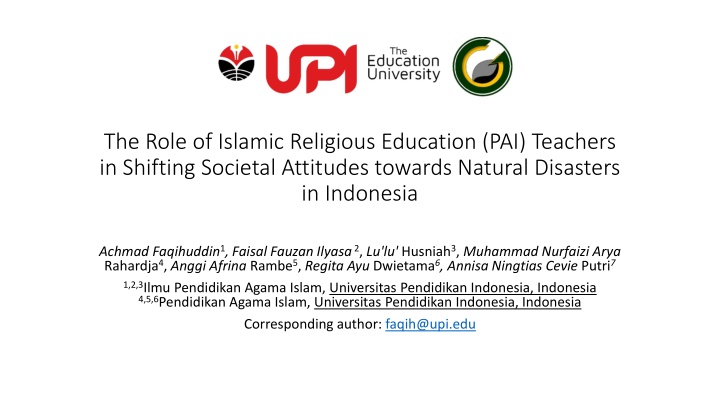
Shifting Societal Attitudes: Islamic Education in Natural Disasters
Explore the role of Islamic Religious Education (PAI) teachers in changing societal attitudes towards natural disasters in Indonesia. Research involves qualitative analysis with 50 teachers. Discover insights on transforming the prevalent 'Culture of Resignation'.
Download Presentation

Please find below an Image/Link to download the presentation.
The content on the website is provided AS IS for your information and personal use only. It may not be sold, licensed, or shared on other websites without obtaining consent from the author. If you encounter any issues during the download, it is possible that the publisher has removed the file from their server.
You are allowed to download the files provided on this website for personal or commercial use, subject to the condition that they are used lawfully. All files are the property of their respective owners.
The content on the website is provided AS IS for your information and personal use only. It may not be sold, licensed, or shared on other websites without obtaining consent from the author.
E N D
Presentation Transcript
The Role of Islamic Religious Education (PAI) Teachers in Shifting Societal Attitudes towards Natural Disasters in Indonesia Achmad Faqihuddin1, Faisal Fauzan Ilyasa2, Lu'lu' Husniah3, Muhammad Nurfaizi Arya Rahardja4, Anggi Afrina Rambe5, Regita Ayu Dwietama6, Annisa Ningtias Cevie Putri7 1,2,3Ilmu Pendidikan Agama Islam, Universitas Pendidikan Indonesia, Indonesia 4,5,6Pendidikan Agama Islam, Universitas Pendidikan Indonesia, Indonesia Corresponding author: faqih@upi.edu
Introduction Introduction Indonesia is a country that frequently experiences various types of natural disasters Indonesia had a World Risk Index (WRI) score of 41.46 in 2021. This score placed Indonesia as the third-highest globally research results indicate the emergence of a distinct Indonesian cultural approach to dealing with disasters, known as 'just see what happens later' or more commonly referred to as 'Culture of Resignation.'
Method Method This research adopts a qualitative research design. A total of 50 PAI Teachers from various schools at the elementary, junior high, and senior high school levels will participate in this study. The interview data is recorded and transcribed. The data analysis is conducted using NVIVO 12.
The Word Cloud & The Word Frequency Query in NVIVO 12 displays a list of the top 10 words that appear most frequently in the data. Weighted Percentage (%) 4.07 2.30 2.23 2.23 2.23 1.91 No Word Length Count Disaster Teachers Natural PAI Surrender Understandi ng Student Providing Culture 10 Community 1 2 3 4 5 6 8 8 7 3 9 13 62 35 34 34 34 29 7 8 9 7 9 7 9 22 19 18 17 1.45 1.25 1.18 1.12
The Project Map feature visualization in NVIVO 12 related to the Role of Islamic Religious Education (PAI) Teachers in Transforming the Culture of Resignation towards Natural Disasters in Indonesia.
The Project Map in NVIVO 12 represents the coding The Project Map in NVIVO 12 represents the coding and analysis results of interviews with 50 Islamic and analysis results of interviews with 50 Islamic Religious Education (PAI) Teachers. Religious Education (PAI) Teachers.
Conclusion Conclusion In the context of transforming the culture of resignation into a more proactive and adaptive approach to natural disasters in Indonesia, the role of Islamic Religious Education (PAI) teachers is crucial. PAI teachers have a vital responsibility in providing comprehensive understanding of the concept of tawakkal (reliance on Allah) that is not passive but based on trust in Allah while still making necessary efforts. They also play a role in identifying and avoiding unhealthy or superstitious beliefs that may be prevalent in the community in relation to natural disasters. PAI teachers impart Islamic ethics and values, such as solidarity, compassion, and justice, that should be applied in emergency response efforts. They guide students in understanding verses from the Quran related to natural disasters, offering a deeper Islamic perspective on how to face disasters with patience and reliance on Allah. PAI teachers also contribute to community support mobilization, teach prayers and worship in the face of disasters, and provide emotional and spiritual support to students in need. They serve as role models for students and the community, incorporating Islamic values into disaster responses and fostering positive attitudes and actions in the face of challenges. With these roles, PAI teachers significantly contribute to building a stronger, more prepared, and more compassionate community in dealing with natural disasters, making Islamic values the primary guide in every aspect of life.


